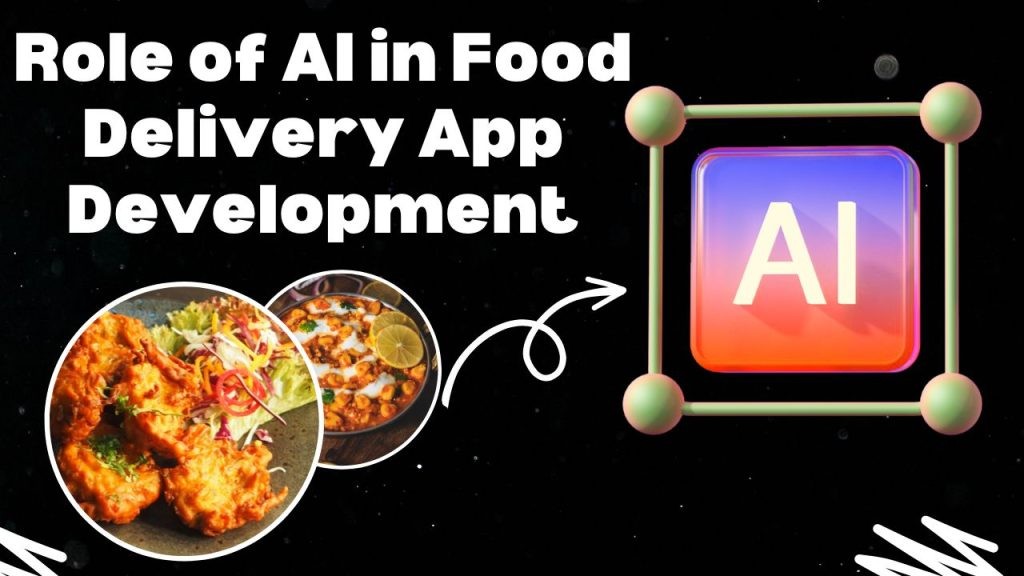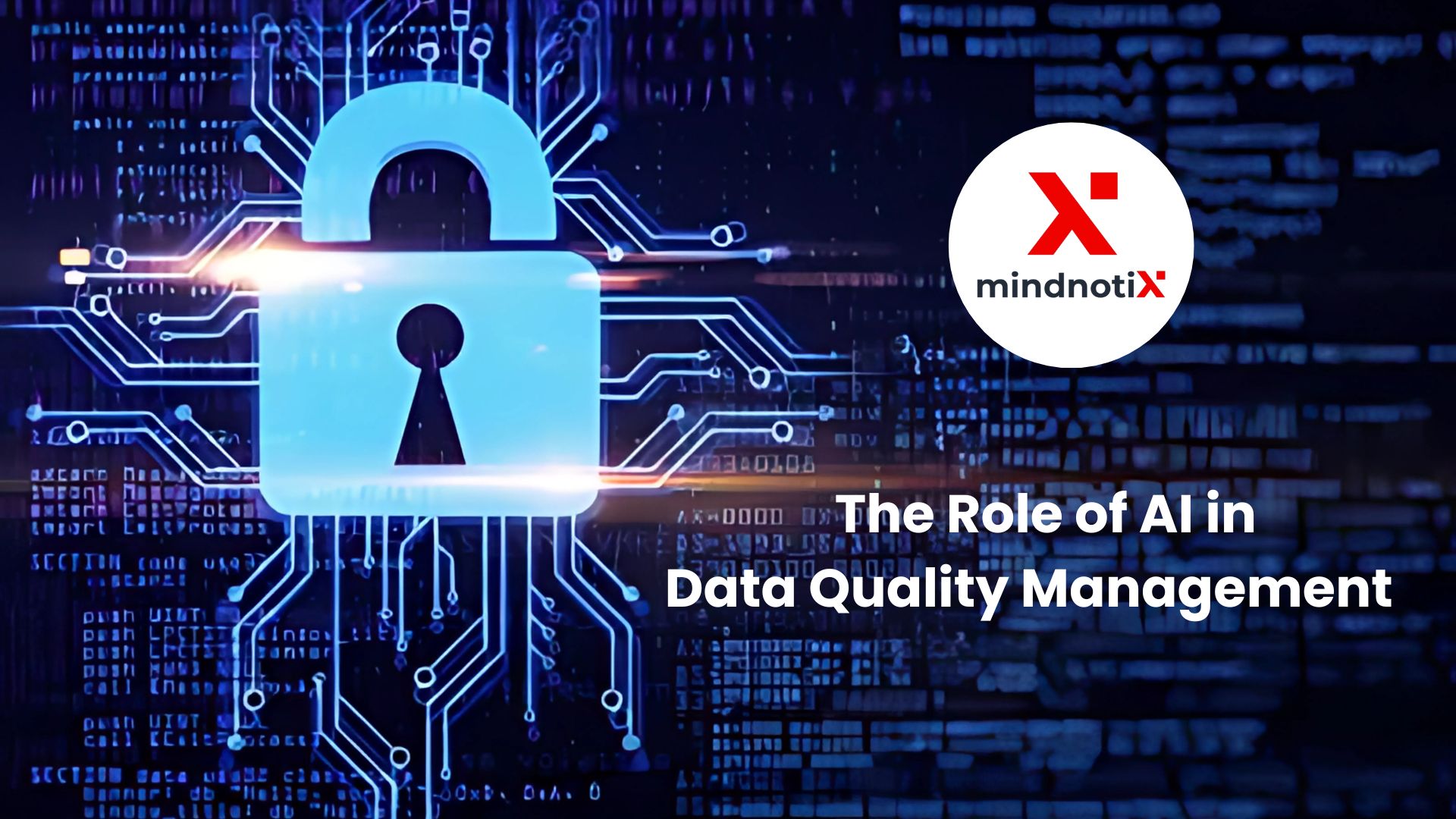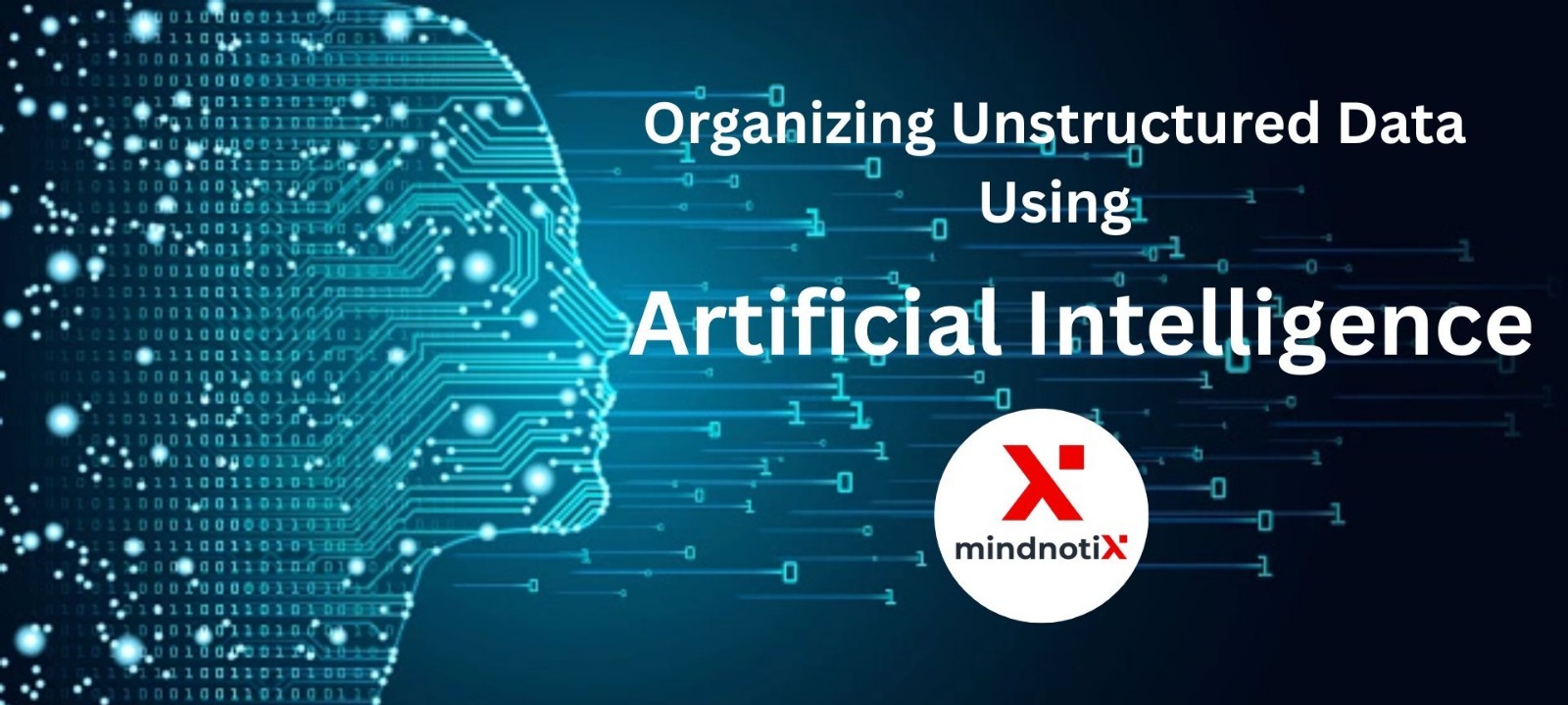The world of food delivery is evolving, and at the heart of this transformation is Artificial Intelligence (AI). In this blog, we'll take you on a journey through the remarkable ways in which AI is changing the landscape of food delivery apps. From personalization to efficiency and even sustainability, AI is leaving no stone unturned. So, grab a snack, sit back, and let's explore the delicious world of AI in food delivery.
A Recipe for Restaurant Success
The restaurant industry is constantly evolving, and artificial intelligence (AI) is emerging as a powerful ingredient in the recipe for success. While robots flipping burgers might still be science fiction, AI is already transforming restaurants in exciting ways, from enhancing the dining experience to optimizing operations.
Appetizers: Personalization and Convenience
AI-powered recommendations: Suggest dishes based on past preferences, dietary restrictions, and real-time trends.
Virtual kitchens and ghost kitchens: Leverage AI to streamline delivery and optimize menus for off-premise dining.
Smart menus: Adapt to customer preferences and dietary needs in real-time, offering dynamic pricing and promotions.
Main Course: Operational Efficiency and Cost Control
Predictive demand forecasting: Optimize inventory management and staffing based on AI-powered insights into trends and seasonality.
Automated recipe scaling: Ensure consistency and portion control with AI-assisted recipe adjustments.
Kitchen automation: Utilize AI-powered robots for repetitive tasks like dishwashing and food preparation, freeing up staff for higher-value activities.
Dessert: Enhanced Guest Experience and Engagement
Chatbots and virtual assistants: Offer 24/7 customer service, handle reservations, and answer questions about the menu.
Interactive tables and digital menus: Provide personalized recommendations, games, and entertainment.
Gamification and loyalty programs: Incentivize repeat business and encourage engagement with AI-powered challenges and rewards.
AI: Ensuring Safe Food Delivery
AI plays a crucial role in ensuring safe food delivery across various stages, from preparation to customer satisfaction.
Preparation and Storage
Inventory Management: AI predicts demand and optimizes stock levels, reducing spoilage and ensuring fresh ingredients.
Temperature Monitoring: Sensors track food temperature throughout storage and preparation, alerting staff to potential safety hazards.
Quality Control: AI-powered image recognition scans ingredients for defects and pathogens, enhancing food safety standards.
Transportation and Delivery
Route Optimization: AI considers factors like traffic, weather, and vehicle capacity to ensure the fastest and safest delivery routes.
Temperature-Controlled Containers: Smart containers maintain optimal temperatures using AI-powered sensors and control systems.
Real-Time Tracking: Customers and restaurants can track deliveries in real-time, ensuring food stays within safe temperature zones.
Packaging and Hygiene
Smart Packaging: AI-integrated labels monitor freshness and detect tampering, offering insights into food integrity.
Hygiene Monitoring: AI analyzes video footage and sensor data to ensure proper handwashing and sanitation protocols are followed.
Contactless Delivery: AI-powered robots or automated lockers minimize human contact and reduce the risk of contamination.
Additional Benefits
Fraud Detection: AI identifies and flags suspicious orders, minimizing foodborne illness risks.
Customer Feedback Analysis: AI analyzes reviews and feedback to identify and address potential safety concerns promptly.
Predictive Maintenance: AI proactively alerts about equipment malfunctions that could impact food safety.
Challenges and Considerations
Data Privacy: Balancing AI's need for data with customer privacy is crucial.
Accessibility: Ensuring equitable access to AI-powered safety systems for all restaurants is essential.
Transparency: Building trust requires transparency about how AI is used and its limitations.
AI: A Green Revolution in Food Delivery

The food delivery industry faces a significant challenge: balancing convenience with environmental impact. Fortunately, artificial intelligence (AI) emerges as a powerful tool to drive a green revolution, making food delivery more sustainable and eco-friendly.
Optimizing Logistics and Reducing Emissions
AI-powered route planning: Minimize mileage and fuel consumption by finding the most efficient delivery routes in real-time, considering factors like traffic, weather, and vehicle capacity.
Dynamic delivery consolidation: Combine orders heading in the same direction, reducing the number of vehicles on the road and carbon footprint.
Predictive demand forecasting: Optimize inventory management and prevent food waste by accurately predicting demand, minimizing unnecessary production and disposal.
Promoting Sustainable Practices
Green restaurant recommendations: Highlight restaurants with eco-friendly practices like local sourcing, sustainable packaging, and renewable energy usage.
Electric vehicle integration: Encourage the use of electric vehicles for deliveries through AI-powered charging station recommendations and route planning for maximum range.
Carbon offset programs: Partner with carbon offset projects and offer transparent options for customers to compensate for their delivery emissions.
Encouraging Conscious Consumption
Personalized recommendations: AI suggests dishes with lower environmental impact based on ingredients, production methods, and transportation distances.
Food waste reduction programs: Reward customers for ordering the right amount of food through AI-powered portion reminders and suggestions.
Eco-friendly packaging options: Promote restaurants offering reusable or compostable packaging materials through AI-driven visibility and incentives.
Additional Benefits
Data-driven insights: AI provides valuable data on the environmental impact of different delivery choices, enabling continuous improvement.
Increased transparency: Customers can track the sustainability score of their deliveries, fostering eco-conscious choices.
Enhanced reputation: Restaurants can showcase their commitment to sustainability through AI-powered reporting and communication.
The Future of AI in Food Delivery

As AI continues to evolve and permeate different industries, its influence on food delivery is expected to grow even more significant. Here are some insights into the potential future of AI in this realm
Advanced Personalization
Hyper-local and hyper-specific recommendations: AI will go beyond simple preferences, considering dietary restrictions, allergies, environmental footprint concerns, and even emotional states to suggest the perfect meal.
Predictive ordering: Based on your habits, weather, and calendar events, AI might even pre-order your most likely meal choice for immediate delivery or pickup.
Enhanced Delivery Automation
Autonomous delivery vehicles: Self-driving cars, drones, and robots will handle deliveries, potentially decreasing traffic congestion and carbon emissions.
Smart packaging and temperature control: Packaging materials will adapt to weather conditions and automatically adjust temperature to ensure food arrives fresh and safe.
Seamless Food Preparation and Inventory Management
AI-powered kitchen robots: Robots will assist with repetitive tasks like food preparation, freeing up chefs for more creative endeavors.
Dynamic menu adjustments: Menus will adapt to real-time ingredient availability and demand, minimizing waste and maximizing profitability.
Food Safety and Sustainability at the ForefrontReal-time food quality monitoring: AI will track food freshness and quality throughout the supply chain, preventing spoilage and ensuring safety.
Sustainable sourcing and production recommendations: AI will suggest restaurants and ingredients with the lowest environmental impact.
Ethical Considerations and the Human Touch
Focus on job creation and upskilling: While some jobs might be replaced by automation, AI should create new opportunities and training programs.
Transparency and user control: People should have clear choices and control over the level of AI involvement in their food delivery experience.
Maintaining the human connection: While AI offers convenience, the social and emotional aspects of dining out should not be forgotten.
For more information contact : support@mindnotix.com
Mindnotix Software Development Company


 AI-Taxi App
AI-Taxi App AI-Food App
AI-Food App AI-Property Mgmt App
AI-Property Mgmt App AI-CRM
AI-CRM AI-Fantasy App
AI-Fantasy App
 Web Development
Web Development App Development
App Development Business & Startup
Business & Startup Hire Developer
Hire Developer
 Digital Marketing
Digital Marketing Lead-generation
Lead-generation Creative Agency
Creative Agency Branding Agency
Branding Agency Augmented Reality
Augmented Reality Virtual Reality
Virtual Reality Internet of Things
Internet of Things Artificial Intelligence
Artificial Intelligence Blockchain
Blockchain Chatbot
Chatbot



